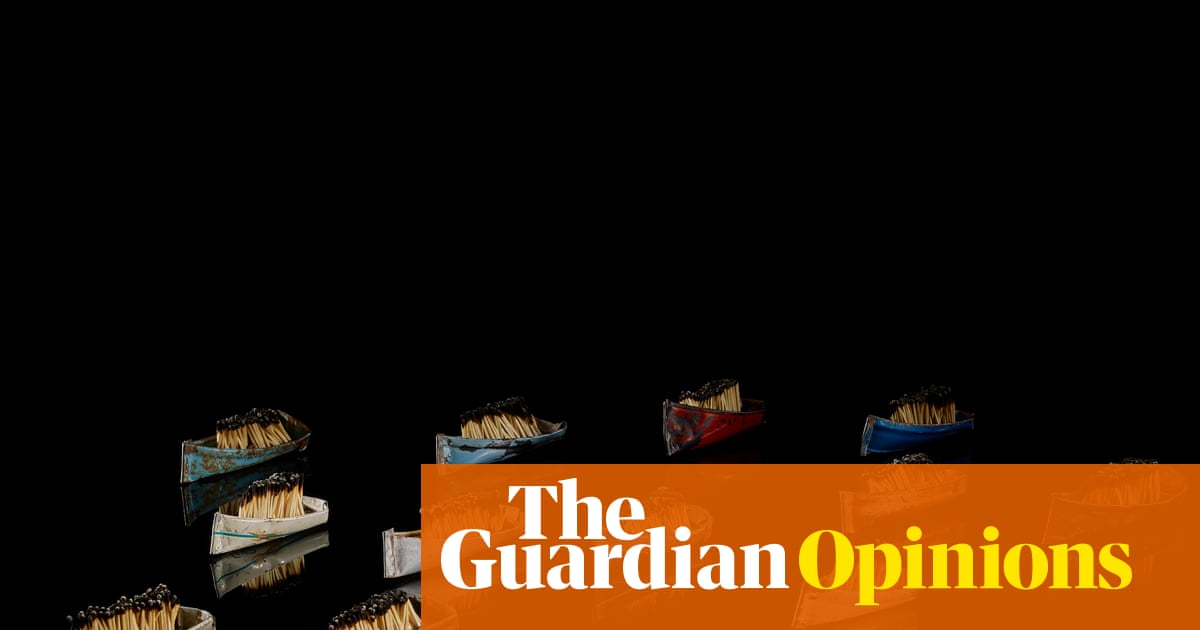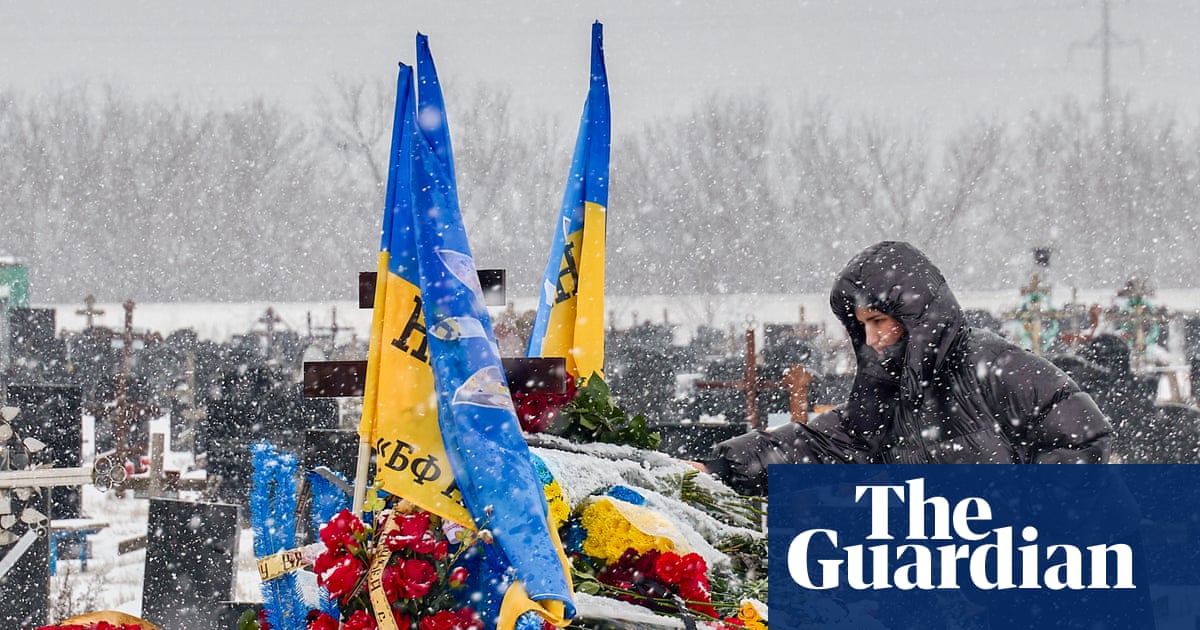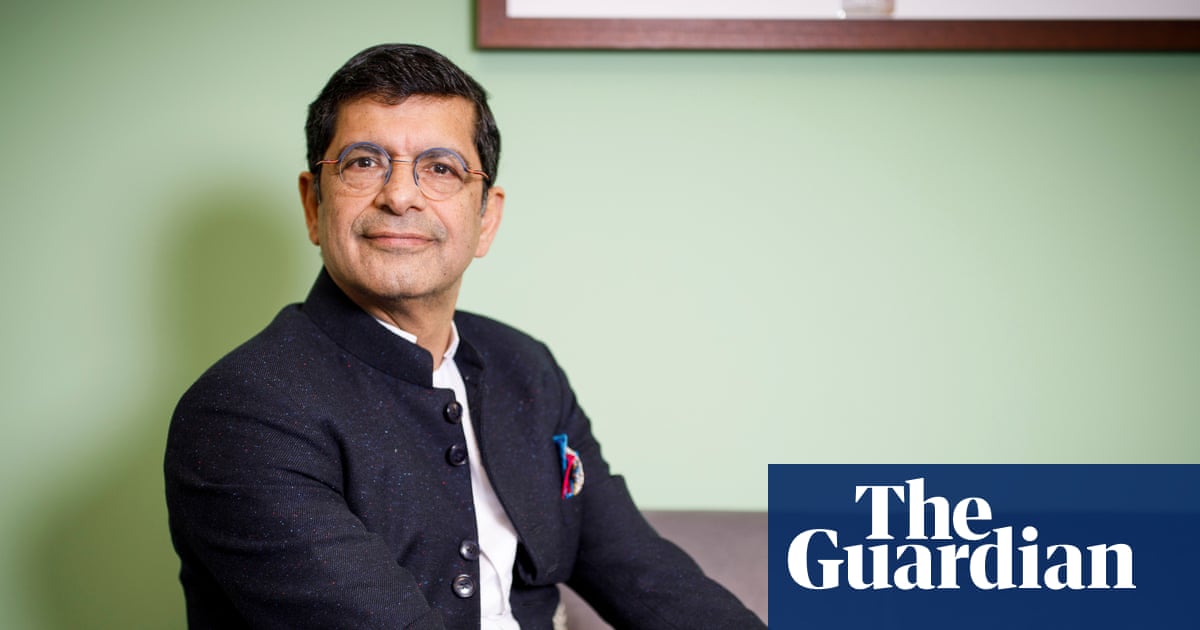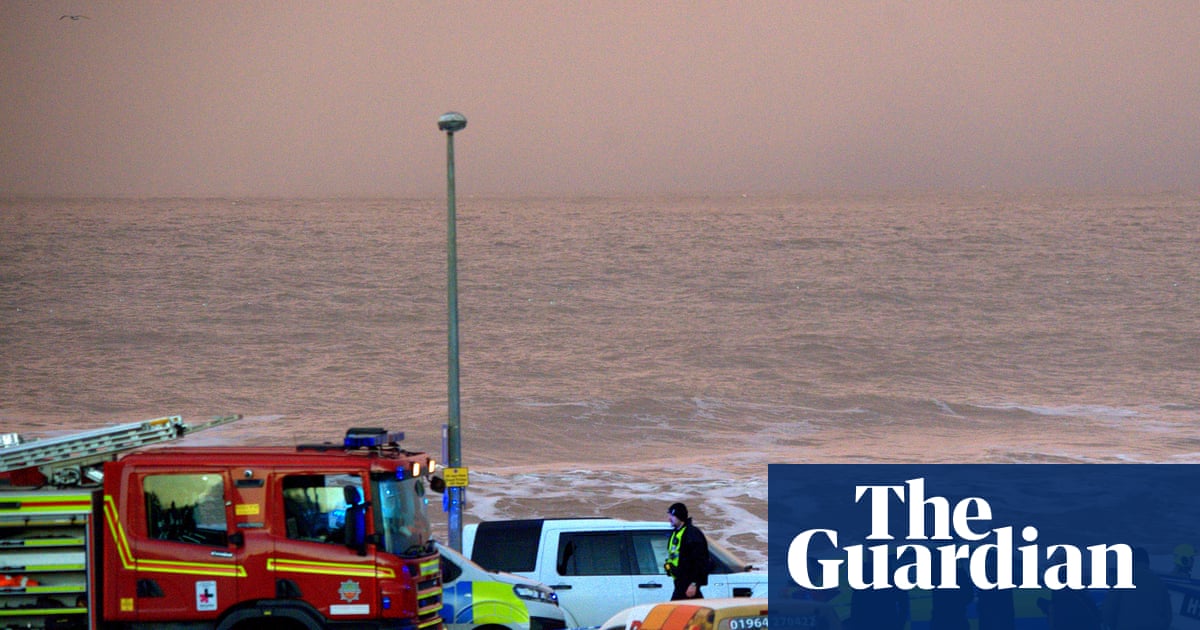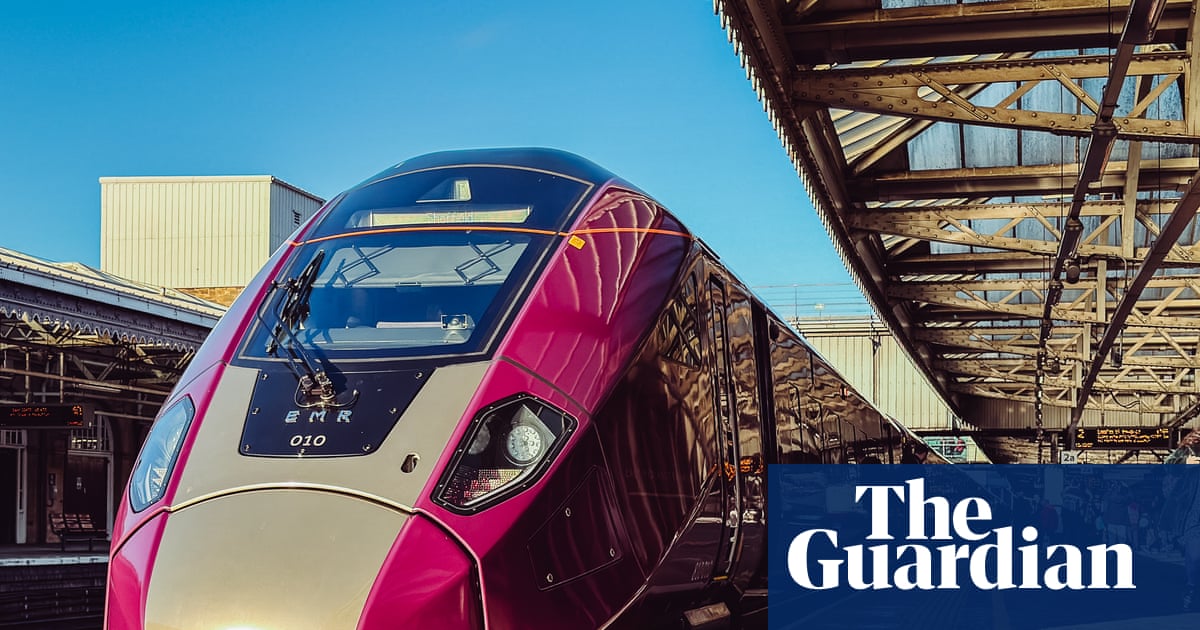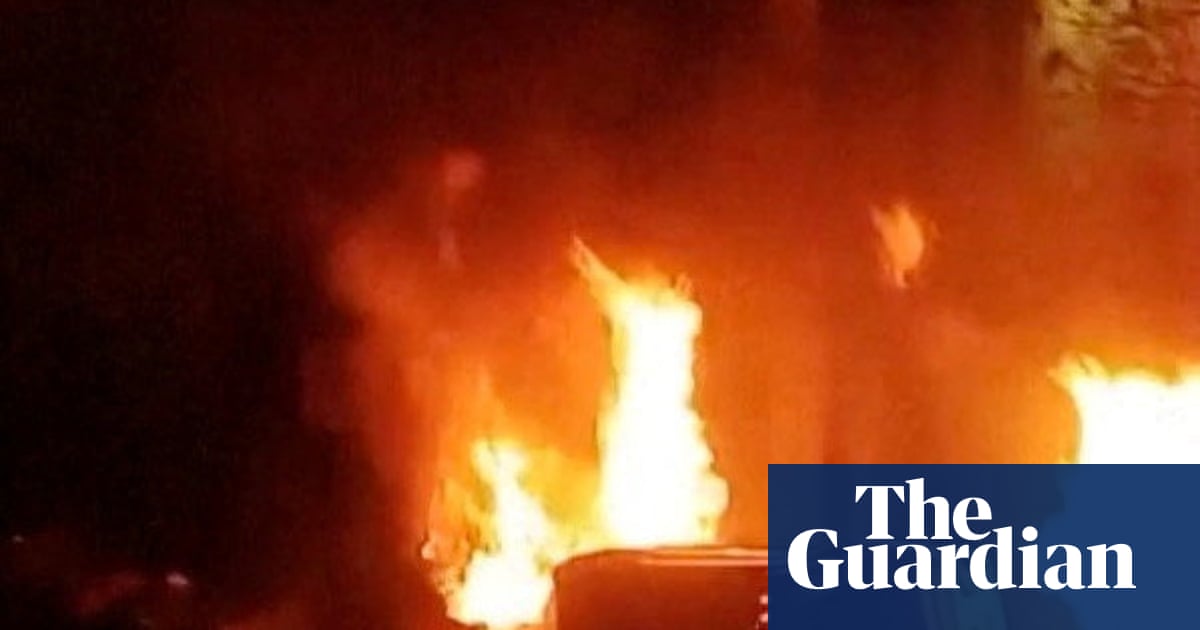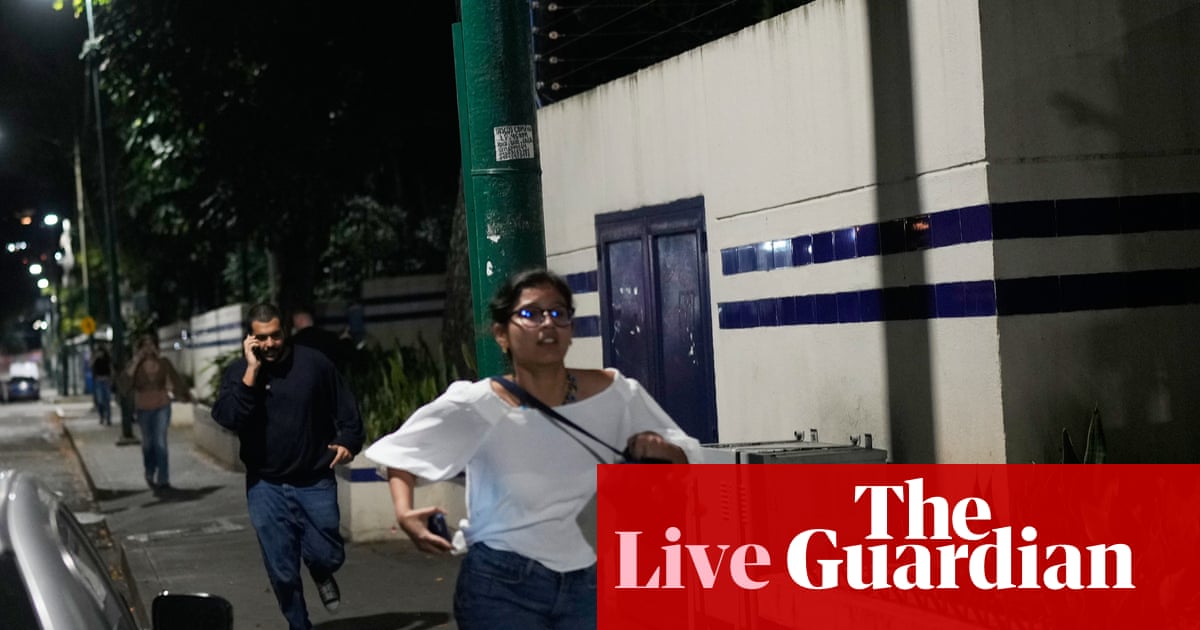“We can’t eat. We can’t sleep. We have been locked up in this place for more than a month. Some people expect to be forced on to a plane to France today. Nobody wants to go. For us, this is a disaster.”
The man speaking, Fessahaye, is an asylum seeker from Eritrea who fled indefinite military conscription in his home country, and walked through the Sahara before being tortured and enslaved in Libya. He eventually crossed the Mediterranean and reached Europe. From France he travelled to the UK in a small boat.
“This place” is Brook House immigration removal centre near Gatwick airport. It is one of two centres, along with Harmondsworth, near Heathrow, where an estimated 92 people who recently arrived on small boats have been detained in preparation for removal to France in a new deal hailed by the prime minister as a development that will finally “turn the tables” on the high number of asylum seekers arriving here in dinghies.
The scheme, known as “one in, one out”, swaps uninvited small boat arrivals in the UK, who will be forcibly removed to France, for asylum seekers in northern France who have been given permission by the UK government to travel here legally to have their asylum claims considered.
Fessahaye and the other detainees spend their days being locked into and unlocked from their cells and frantically searching for a lawyer who can stop them being put on a plane to France.

Anger about small boat arrivals – 31,027 so far this year, up from 22,440 over the same period last year – was one of the drivers of Saturday’s “unite the kingdom” rally organised by the far-right activist Tommy Robinson (whose real name is Stephen Yaxley-Lennon).
So far there is no evidence that “one in, one out” has deterred crossings from northern France, despite the UK government proclaiming that dozens of small boat arrivals have been locked up. Since the first detentions on 6 August, a few thousand more people have crossed the Channel, including a particularly high number – 1,097 – on 6 September.
Critics say the scheme is flawed because the good fortune of one asylum seeker to come here legally is dependent on another being locked up and forcibly returned to France. Last month, Fessahaye and many others paid more than €1,000 to a smuggler to make the treacherous journey across the sea.
“What is so upsetting for us,” says Abdul, a detainee from Afghanistan, “is the unfairness of it all. A few people from my country were on the same boat as me. They were not locked up as I am, but were allowed to go free and are living in a hotel at the moment. It seems it is just a matter of luck whether the Home Office locks you up or sets you free. I keep asking the Home Office how they choose who to detain but they do not answer. All they will say is: ‘You came to the UK illegally in a small boat.’ Some of us started a hunger strike to protest about being locked up here. It is so unfair.”
The Home Office has provided limited written communication to some of those detained in the form of cold, one-page removal directions stating: “I am writing to confirm your departure details from the United Kingdom.” Some lawyers have successfully challenged these notices, but not everyone has been able to find a legal representative.
An equally unfriendly Home Office Q&A leaflet explains to detainees that once they arrive back in France they will be given temporary accommodation by the French authorities and may be able to apply for asylum in France. It adds that there is “financial assistance” available for those who agree to return to their home countries – something many asylum seekers say would be a death sentence.
NGOs working to support immigration detainees say they come from a variety of the world’s conflict zones, including Sudan, Eritrea, Yemen, Afghanistan and Libya. Some were forced to work for the smugglers on their journey, while others were kicked and beaten by them. Some were trafficked, sexually abused and tortured in Libya, have PTSD and say they feel suicidal. An estimated 10 lone children who arrived on small boats were wrongly detained and later set free.
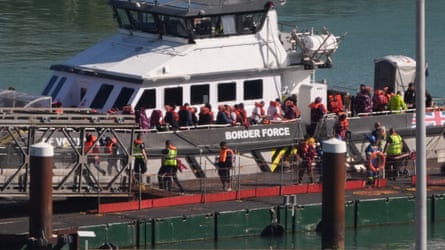
While France is deemed a safe country, many due to be flown back there say they are fearful because they have experienced beatings and teargas at the hands of the French police. Recently figures from the UK’s far right have been visiting northern France and threatening migrants there.
Philippe Sabatier, the deputy public prosecutor in Boulogne-sur-Mer, said: “Local law enforcement agencies have been notified to prevent any disturbances that may be caused by the passage of these people.”
Olivia Clark, the executive director of Refugee Legal Support, says that during a recent trip to Calais they spoke with more than 500 asylum seekers about “one in, one out”, with 90% indicating they would not apply for it.
“People will continue to take dangerous boat crossings unless they believe there is a viable alternative to reach safety,” she says. “At its core, this ‘one in, one out’ arrangement reduces protection to a numbers game, trading in human lives rather than providing a genuine, safe alternative to dangerous crossings.”
Emma Ginn, the director of the charity Medical Justice, says: “The vast majority of our clients detained under this scheme are survivors of torture and trafficking. Some have experienced sexual abuse and slavery. Our independent clinicians have visited clients in immigration removal centres, medically assessing them and finding concerning levels of post-traumatic stress disorder and suicidal thoughts.”
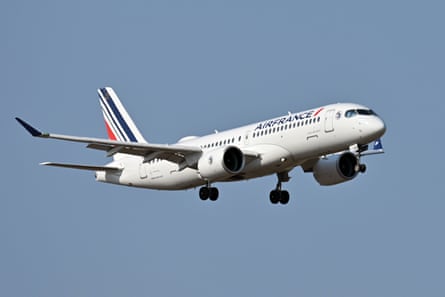
Unusually for such a high-profile scheme, the Home Office is using a well-known airline – Air France – to remove people on a scheduled flight alongside other passengers. The Joint Council for the Welfare of Immigrants in the UK and L’Auberge des Migrants in France are urging people to send messages to Air France exhorting it not to fly the asylum seekers back to France.
“These deportations are a new step in the externalisation and criminalisation of exile, which transforms the right to asylum into a lottery and puts human lives at risk,” says a spokesperson for L’Auberge des Migrants. “We call on Air France to immediately cease all participation in these deportations. And we call on the French and British authorities to put an end to this cynical trade in human lives.”
Failing a sudden volte face, the first deportees could be flown out of Britain on Monday, with more to follow during the week.
“I am so stressed about the threat of being sent back to France,” says Hagos, an Eritrean detainee waiting behind bars at Brook House. “I came here to find safety. I never expected to be locked up instead.”

 3 months ago
96
3 months ago
96


